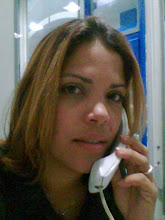

No single disciplinary perspective adequately accounts for the complexities of how people use language, participate in communication, and create and understand texts. Our very strength as English Program thus rests with our aggregate of different disciplines that explore multiple aspects of human communications. Multidisciplinary perspectives of creative writing, English education, linguistics, literature, and rhetoric and composition create contrasting and complementary theoretical and methodological approaches to understanding and teaching how people engage language, and create, consume and circulate texts in diverse media.
The English Program at Universidad Pedagógica Experimental Libertador - Instituto Pedagógico de Maturín is robust and unique precisely because we bring together every part of English Studies in one space. Our interdisciplinary and intradisciplinary scholarship and teaching allow us to make valuable contributions to multidisciplinary initiatives in the humanities, social sciences, and natural sciences. This Program’s expressed mission is to study, create, and teach spoken, written, visual and digital communication practices and texts ranging from the imaginative to the functional in civic, social, personal, academic and professional communities—and to mentor others to do likewise.
With areas of strong national reputation and a professionally productive, multidisciplinarily engaged, and teaching-committed faculty, faculty embrace what we call “teacher-scholar” and “scholar-citizen” models, and look as well to our diverse communities for greater discourse.




